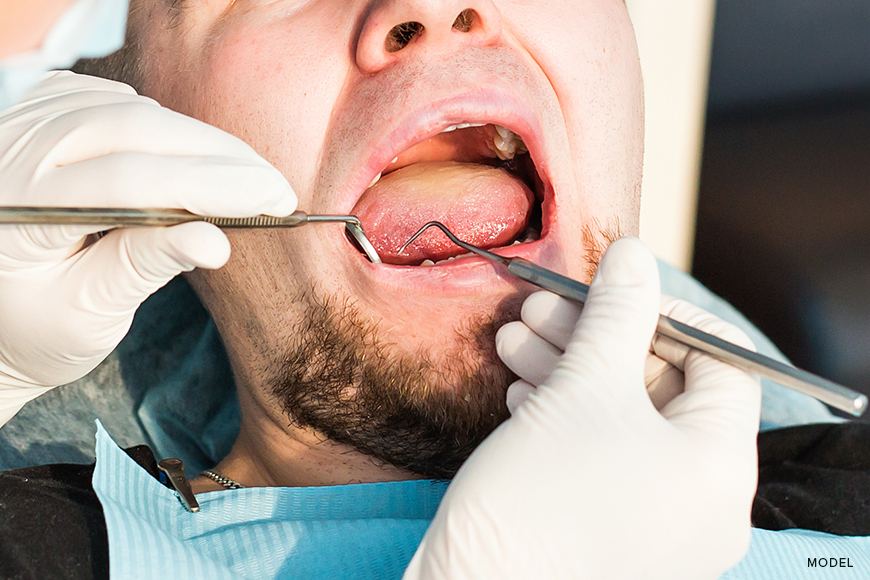Removing only one wisdom tooth is a common dental procedure performed by professionals like those at Madison Dentistry & Implant Center. The purpose of this essay is to give anyone thinking about having one wisdom tooth extracted a thorough guide. Wisdom teeth, also known as third molars, are the last set of molars to emerge in the mouth. While these teeth can be beneficial if they erupt properly and align correctly with adjacent teeth, they often cause problems when there isn’t enough space for them to grow. In such cases, wisdom tooth removal becomes necessary to prevent various oral health issues.
Introduction to Wisdom Teeth Removal
Wisdom tooth extraction is a surgical procedure aimed at removing one or more wisdom teeth from the mouth. A wisdom tooth’s extraction is usually determined by a number of criteria, such as crowding, impaction, and possible harm to the jawbone or nearby teeth.
Understanding Wisdom Tooth Extraction

Recommended Article:
Wisdom Teeth Removal in Madison, NJ
Wisdom teeth removal in Madison, NJ, is a common procedure to prevent overcrowding, pain, and infection. Local clinics offer professional extraction services with advanced techniques and sedation for patient comfort. Post-operative care ensures smooth recovery and addresses any concerns.
Before undergoing a wisdom tooth extraction, patients should have a clear understanding of the procedure. The process typically begins with a consultation with the dentist, during which the dentist evaluates the patient’s oral health and recommends the appropriate treatment plan.
During the procedure, the patient is usually placed under local anesthesia to numb the area around the tooth. In some cases, general anesthesia may be used to ensure the patient’s comfort throughout the procedure.
Preparing for Wisdom Tooth Extraction
Prior to the extraction, patients will receive specific pre-operative instructions from their dentist. These instructions may include guidelines on fasting, medications to avoid, and arrangements for transportation to and from the dental office.
Patients are encouraged to discuss any concerns or questions they may have with their dentist during the pre-operative consultation.
Procedure for Removing Only One Wisdom Tooth
The actual process of removing a single wisdom tooth may vary depending on factors such as the tooth’s position and the patient’s oral health. However, the general steps involved in the procedure include:
- Anesthesia Options: The dentist administers local or general anesthesia to ensure the patient’s comfort during the extraction.
- Surgical Techniques: The dentist carefully extracts the wisdom tooth using specialized instruments, which may involve making an incision in the gum tissue to access the tooth and removing it in sections if necessary.
Recovery Process After Wisdom Tooth Extraction
Following the extraction, patients will be provided with post-operative instructions to promote healing and reduce the risk of complications. These instructions may include:
- Post-Operative Care: Patients are advised to follow a soft diet and avoid strenuous activities for the first few days after surgery.
- Managing Pain and Swelling: Over-the-counter pain medications and cold compresses can help alleviate discomfort and reduce swelling.
Possible Complications and Risks
While wisdom tooth extraction is generally safe, there are potential risks and complications associated with the procedure. These may include:
- Infection: Proper oral hygiene practices and adherence to post-operative instructions can help minimize the risk of infection.
- Nerve Damage: In rare cases, damage to the nerves surrounding the wisdom tooth extraction site may occur, resulting in temporary or permanent numbness or tingling.
Cost of Removing Only One Wisdom Tooth
The cost of removing a single wisdom tooth may vary depending on factors such as the complexity of the extraction, the patient’s insurance coverage, and the geographical location of the dental office. It is advised that patients speak with their dentist about the procedure’s cost and ask about their choices for making payments.
Benefits of Removing Only One Wisdom Tooth
While the thought of undergoing oral surgery may be daunting, the benefits of removing a single wisdom tooth often outweigh the risks. Some potential benefits include:
- Relief from Pain and Discomfort: Extracting a problematic wisdom tooth can alleviate pain and discomfort caused by impaction or crowding.
- Prevention of Future Dental Issues: Removing a single wisdom tooth can prevent potential complications such as infection, tooth decay, and damage to adjacent teeth.
Book a Consultation with Madison Dentistry & Implant Center
Take the first step towards achieving the smile you’ve been longing for! Book a consultation with the experienced team at Madison Dentistry & Implant Center now. Our caring dentists and dental experts will assess your oral health, understand your objectives and worries, and create a customized treatment strategy designed specifically for you.




